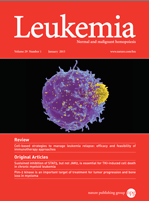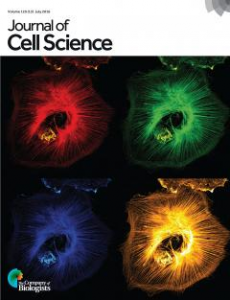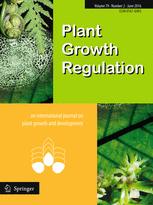 A neurobiologist has notched her eight retraction in the midst of an ongoing investigation into her work by her institution, the University of Belgrade in Serbia.
A neurobiologist has notched her eight retraction in the midst of an ongoing investigation into her work by her institution, the University of Belgrade in Serbia.
As we reported previously, a mass clean-up by the Archives of Biological Sciences (ABS), the official journal of the Serbian Biological Society resulted in six retractions of papers co-authored by Lidija Radenović. (Radenović served as vice president of the Serbian Biological Society until July 2014.)
In April, we reported that Radenović was about to notch her seventh retraction in Acta Neurologica Scandinavica; that paper has now been pulled, and ABS has retracted another one of her papers.
Here’s the retraction notice by ABS: Continue reading Neuroscientist in Serbia earns 8th retraction amid investigation
 As
As 
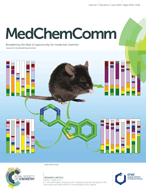

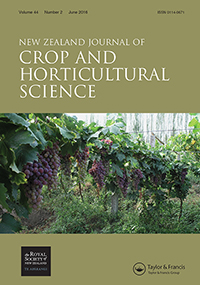 A vociferous advocate for correcting the literature — who has been
A vociferous advocate for correcting the literature — who has been 